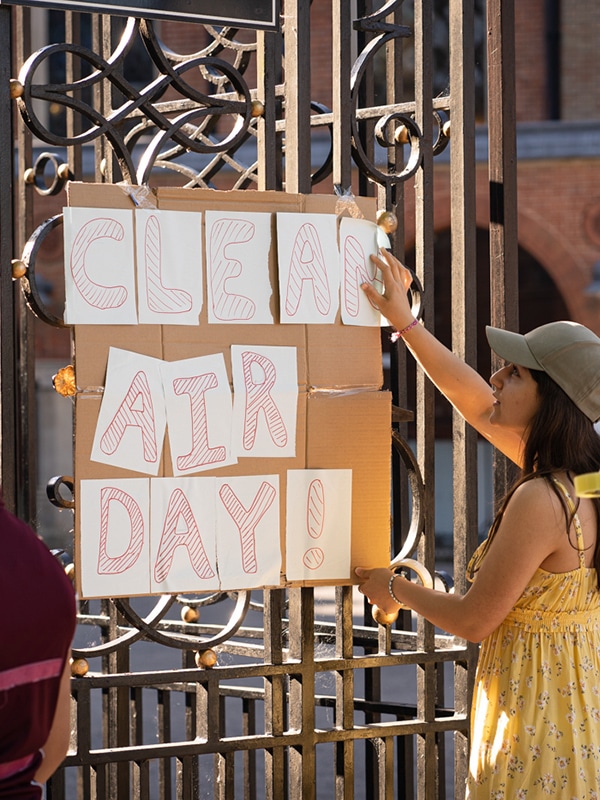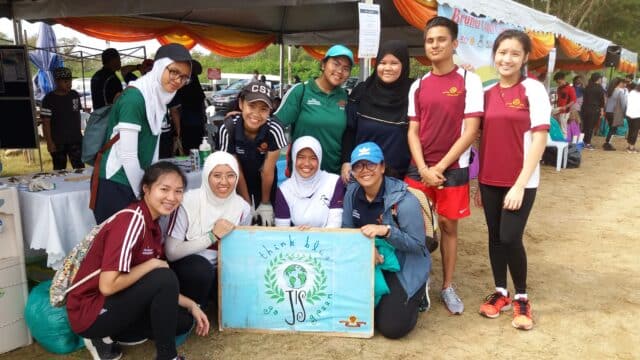Blog
Education for Sustainability – establishing a culture of problem-solving, change-making and global citizenship
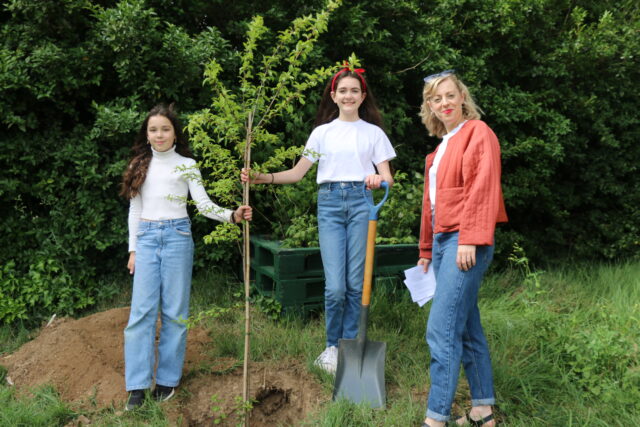
Alex Wrigglesworth
Design Teacher, South Hampstead High School and UN-accredited Climate Change Teacher
Read the blog
South Hampstead High School’s Design Teacher, Alex Wrigglesworth, is a UN-accredited climate change teacher. She was highly commended as London’s School Changemaker of the Year in the 2021 Sustainable City Awards run by Global Action Plan and, in September 2022, took on a newly created role as Consultant Teacher for Sustainability for the Girls’ Day School Trust (GDST), working across a family of 23 schools and two academies in England and Wales to establish best practice and foster collaboration.
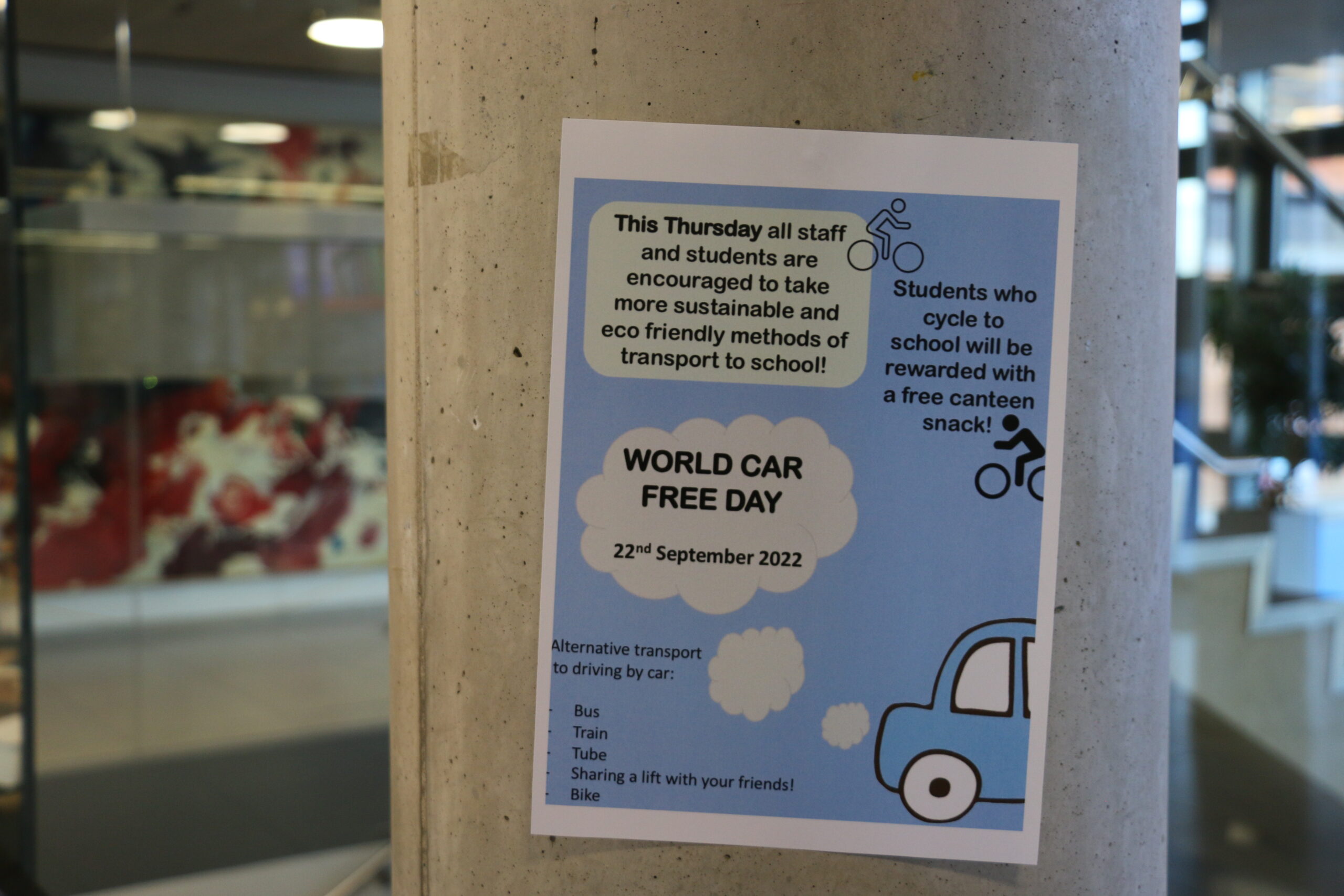 Education on climate change and sustainability issues needs to be integrated into learning at every key stage – to be facilitated by every subject and go beyond the boundaries of the academic curriculum. There are many brilliant people in schools already doing fantastic work in this area, but often in addition to their teaching responsibilities, without the time allocation needed to make a significant impact. We need to put climate change and sustainability truly at the heart of education, so that young people build a better understanding of the interconnectedness and complexity of the issues. Schools need to be supported in building that capacity, so multiple people can work collaboratively; the responsibility shouldn’t just be shouldered by Science and Geography specialists.
Education on climate change and sustainability issues needs to be integrated into learning at every key stage – to be facilitated by every subject and go beyond the boundaries of the academic curriculum. There are many brilliant people in schools already doing fantastic work in this area, but often in addition to their teaching responsibilities, without the time allocation needed to make a significant impact. We need to put climate change and sustainability truly at the heart of education, so that young people build a better understanding of the interconnectedness and complexity of the issues. Schools need to be supported in building that capacity, so multiple people can work collaboratively; the responsibility shouldn’t just be shouldered by Science and Geography specialists.
Developing a school Sustainability Policy has helped us to galvanise a more integrated approach. Our Project Zero strategy outlines ambitious targets to achieve by our 150th anniversary in 2026. We’ve already moved from single-use plastic to bioplastic in our canteen and reduced our meat consumption; we are redeveloping our green spaces to facilitate outdoor learning in partnership with a local primary school; and, for the second consecutive year, we’ve achieved the Carbon Neutral International Standard. However, we still have a lot to do. The most immediate challenge lies in properly understanding our current environmental impact, which requires collecting the right data. Our carbon footprint audit by One Carbon World gave meaningful targets to work towards, and an understanding of where we need to reduce our impact. Identifying gaps in our knowledge provides learning opportunities for students, who are now working with Energy Sparks and School Energy Efficiency to investigate the school’s energy efficiency.
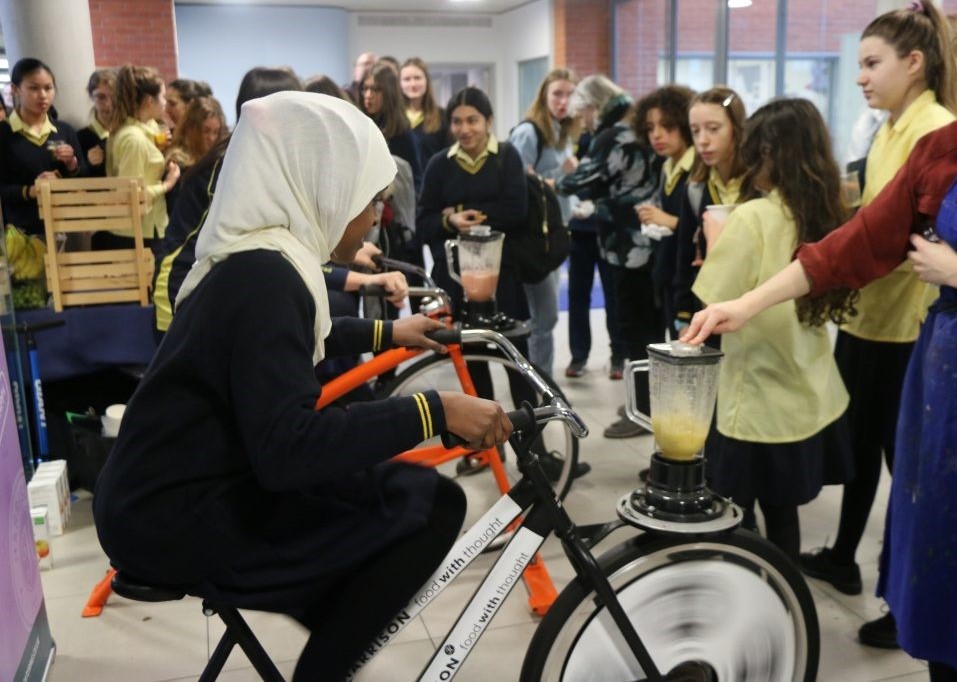 Learning about climate change and sustainability can be troubling for young people, particularly when they start to understand the complexity and systemic nature of issues. Nationally, we’re seeing a rise in eco-anxiety and the negative effects of climate change on mental wellbeing. However, there are also benefits to adopting a systems-thinking approach to problem-solving… it means that progress in one area can have positive impacts in another and that’s really motivating. Students need to be given hope that there are solutions; knowledge needs to go hand in hand with action. Schools are well placed to facilitate this, but need to make space for it.
Learning about climate change and sustainability can be troubling for young people, particularly when they start to understand the complexity and systemic nature of issues. Nationally, we’re seeing a rise in eco-anxiety and the negative effects of climate change on mental wellbeing. However, there are also benefits to adopting a systems-thinking approach to problem-solving… it means that progress in one area can have positive impacts in another and that’s really motivating. Students need to be given hope that there are solutions; knowledge needs to go hand in hand with action. Schools are well placed to facilitate this, but need to make space for it.
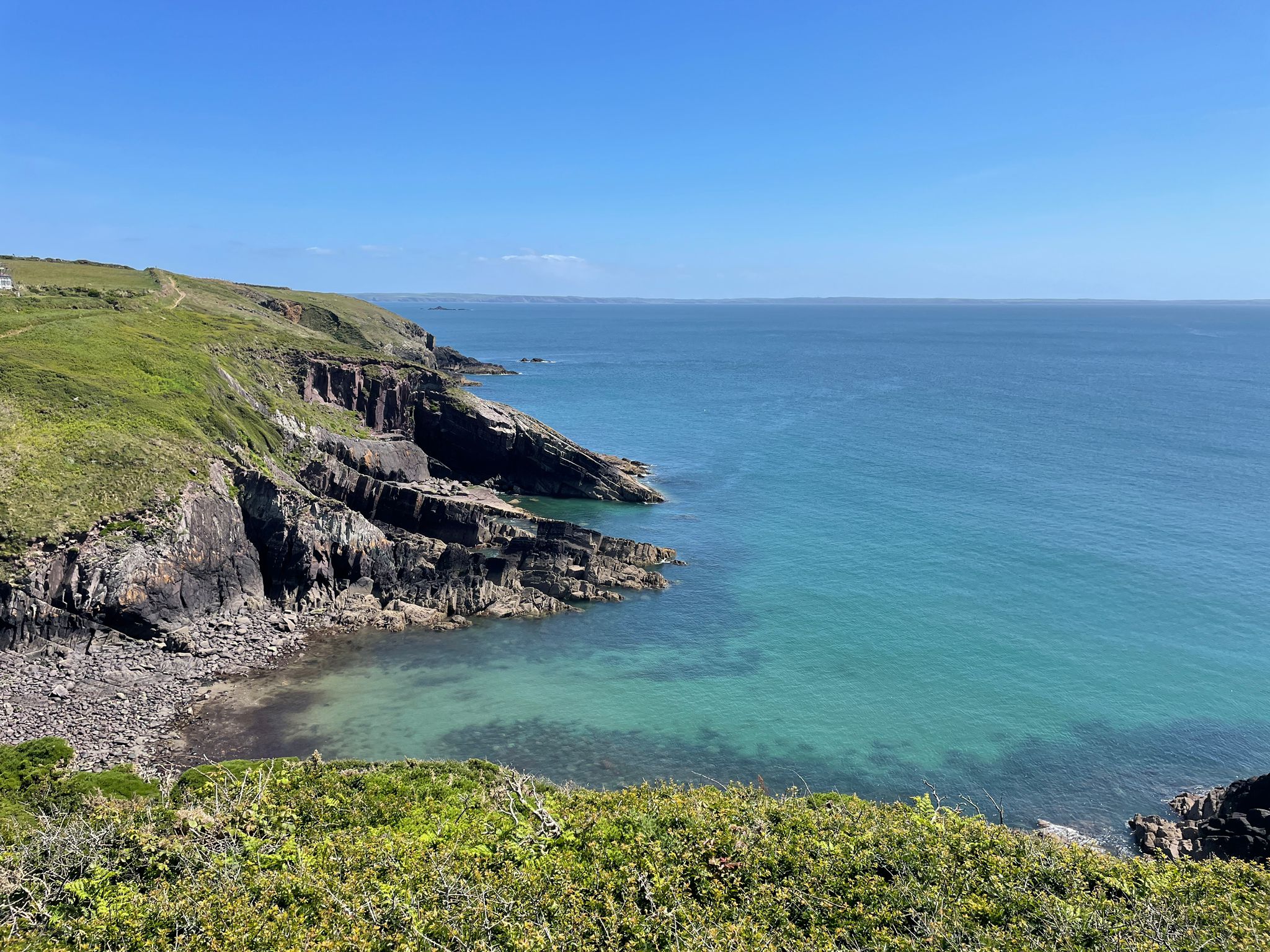 At South Hampstead, we hold an annual Eco Week – with film screenings, expert talks, pedal-powered smoothie-making and upcycling workshops. As part of our South Hampstead Speaker Series, UN Special Envoy for Climate Action & Finance, Mark Carney, spoke to the whole school community and partner schools last year about the tensions between economic and environmental values. For Remembrance Day, pupils produce plastic-free, biodegradable, ‘plantable’ poppies, embedded with wildflower seeds, to support The Royal British Legion. With a B Corp sustainable travel company, we ran a conservation adventure trip to Pembrokeshire, to learn about kelp farming, coastal eco systems, and the role of insects in a more sustainable future; all our school trips are now carbon offset. And we’re mobilising plans for every Year 7 student to plant their own tree this year.
At South Hampstead, we hold an annual Eco Week – with film screenings, expert talks, pedal-powered smoothie-making and upcycling workshops. As part of our South Hampstead Speaker Series, UN Special Envoy for Climate Action & Finance, Mark Carney, spoke to the whole school community and partner schools last year about the tensions between economic and environmental values. For Remembrance Day, pupils produce plastic-free, biodegradable, ‘plantable’ poppies, embedded with wildflower seeds, to support The Royal British Legion. With a B Corp sustainable travel company, we ran a conservation adventure trip to Pembrokeshire, to learn about kelp farming, coastal eco systems, and the role of insects in a more sustainable future; all our school trips are now carbon offset. And we’re mobilising plans for every Year 7 student to plant their own tree this year.
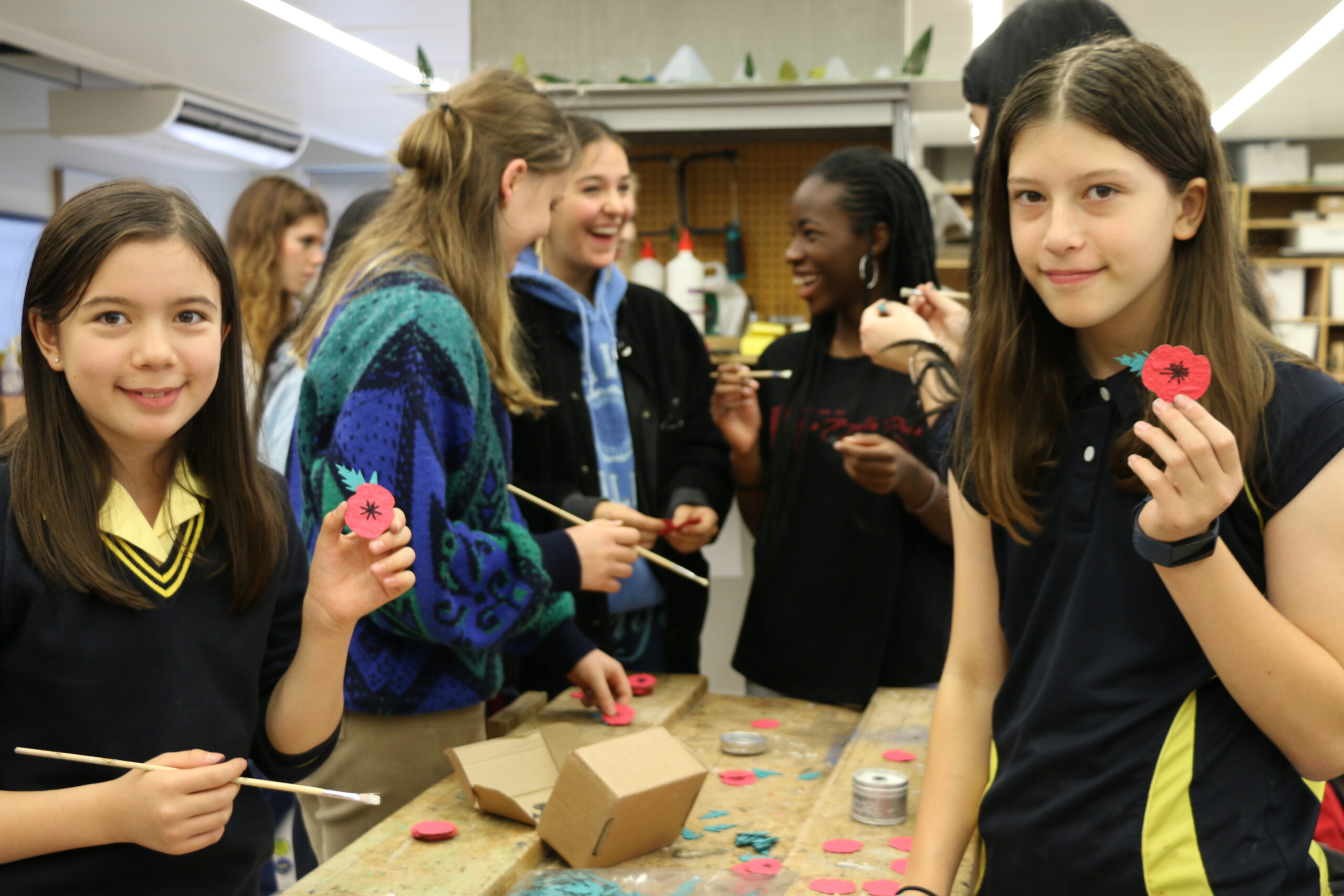 I’m proud of our students for speaking up about issues that are important to them. Our aim is for sustainability projects at South Hampstead to be student-led but teacher-supported; education for sustainability should be empowering and motivating. Students were involved in the new uniform supplier tender process and asked some challenging questions about the environmental and social sustainability of the supply chains, which helped to inform the final decision. The Eco Committee organised and ran a whole teaching staff inset session on the importance of education for sustainability and went on to train other students to run the same session in their respective schools – the ripple effect in action!
I’m proud of our students for speaking up about issues that are important to them. Our aim is for sustainability projects at South Hampstead to be student-led but teacher-supported; education for sustainability should be empowering and motivating. Students were involved in the new uniform supplier tender process and asked some challenging questions about the environmental and social sustainability of the supply chains, which helped to inform the final decision. The Eco Committee organised and ran a whole teaching staff inset session on the importance of education for sustainability and went on to train other students to run the same session in their respective schools – the ripple effect in action!
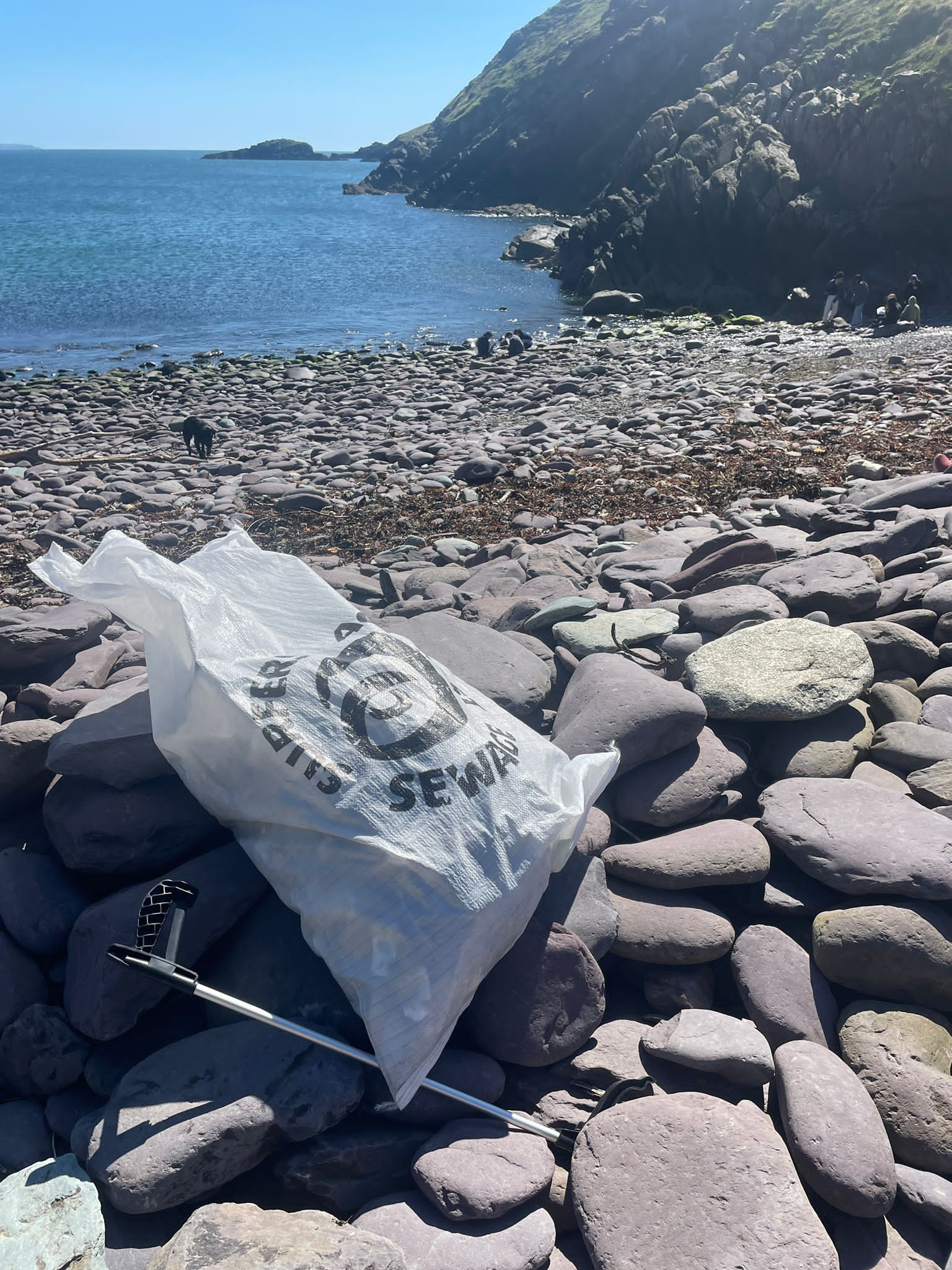 Partnering with local and global organisations to raise student awareness of sustainability issues gives context to learning – richer educational experiences can deliver more meaningful, longer-term impact. We partnered with local charity FEAST With Us to improve student understanding of the environmental and social implications of food waste. We’re working with students at the Umubano Academy in Kigali, Rwanda, meeting online to discuss issues such as difficult-to-recycle waste and the resource use of manufacturing and production – a fantastic opportunity to provide insight into another culture, to acknowledge the similarities in their day-to-day experiences, and recognise how climate change issues are having an impact in different contexts. Through collaborative programmes like these, we can empower the next generation to make a positive difference and encourage them to become proactive global citizens of the future.
Partnering with local and global organisations to raise student awareness of sustainability issues gives context to learning – richer educational experiences can deliver more meaningful, longer-term impact. We partnered with local charity FEAST With Us to improve student understanding of the environmental and social implications of food waste. We’re working with students at the Umubano Academy in Kigali, Rwanda, meeting online to discuss issues such as difficult-to-recycle waste and the resource use of manufacturing and production – a fantastic opportunity to provide insight into another culture, to acknowledge the similarities in their day-to-day experiences, and recognise how climate change issues are having an impact in different contexts. Through collaborative programmes like these, we can empower the next generation to make a positive difference and encourage them to become proactive global citizens of the future.
Related articles
-
Blogs
Taking Eco Action -
Case Studies
UCS Green Impact Society Leading The Way -
Case Studies
Sustainability at St Helen’s -
Case Studies
Protest has turned to action at Putney High School -
Case Studies
Changing the environment - A school in transition
